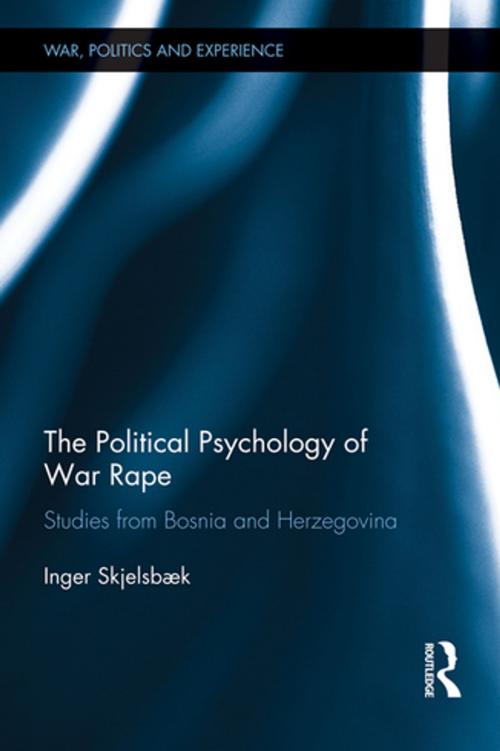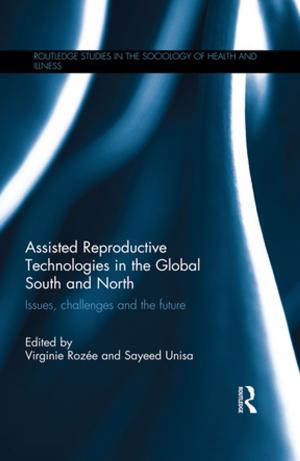The Political Psychology of War Rape
Studies from Bosnia and Herzegovina
Nonfiction, Social & Cultural Studies, Social Science, Gender Studies, Political Science| Author: | Inger Skjelsbæk | ISBN: | 9781136620911 |
| Publisher: | Taylor and Francis | Publication: | February 13, 2012 |
| Imprint: | Routledge | Language: | English |
| Author: | Inger Skjelsbæk |
| ISBN: | 9781136620911 |
| Publisher: | Taylor and Francis |
| Publication: | February 13, 2012 |
| Imprint: | Routledge |
| Language: | English |
This book provides a conceptual framework for understanding war rape and its impact, through empirical examination of the case of Bosnia.
Providing a contextual understanding of sexual violence in war, and situating Bosnian war rape in relation to subsequent conflicts, the book offers a methodological outline of how sexual violence in war can be studied from a political-psychological perspective. It presents empirical findings from the field that show what war rape can entail in the aftermath of armed conflict for victims and their communities.
Through its comprehensive approach to Bosnian experiences, the volume expands the conceptualization of victimhood and challenges the assumption that sexual violence is a particularly difficult theme to study because of victim silence. Rather, the author demonstrates there are many voices that can provide insight and understandings of war rape and its impact without having to compromise the safety and privacy of individual victims. Finally, the book shows the ways in which individual experiences of war rape are shaped by national and international discourses on gender, sexuality and politics.
This book will be of interest to students of political psychology, war and conflict studies, European politics, ethnic conflict, politics and IR in general.
This book provides a conceptual framework for understanding war rape and its impact, through empirical examination of the case of Bosnia.
Providing a contextual understanding of sexual violence in war, and situating Bosnian war rape in relation to subsequent conflicts, the book offers a methodological outline of how sexual violence in war can be studied from a political-psychological perspective. It presents empirical findings from the field that show what war rape can entail in the aftermath of armed conflict for victims and their communities.
Through its comprehensive approach to Bosnian experiences, the volume expands the conceptualization of victimhood and challenges the assumption that sexual violence is a particularly difficult theme to study because of victim silence. Rather, the author demonstrates there are many voices that can provide insight and understandings of war rape and its impact without having to compromise the safety and privacy of individual victims. Finally, the book shows the ways in which individual experiences of war rape are shaped by national and international discourses on gender, sexuality and politics.
This book will be of interest to students of political psychology, war and conflict studies, European politics, ethnic conflict, politics and IR in general.















